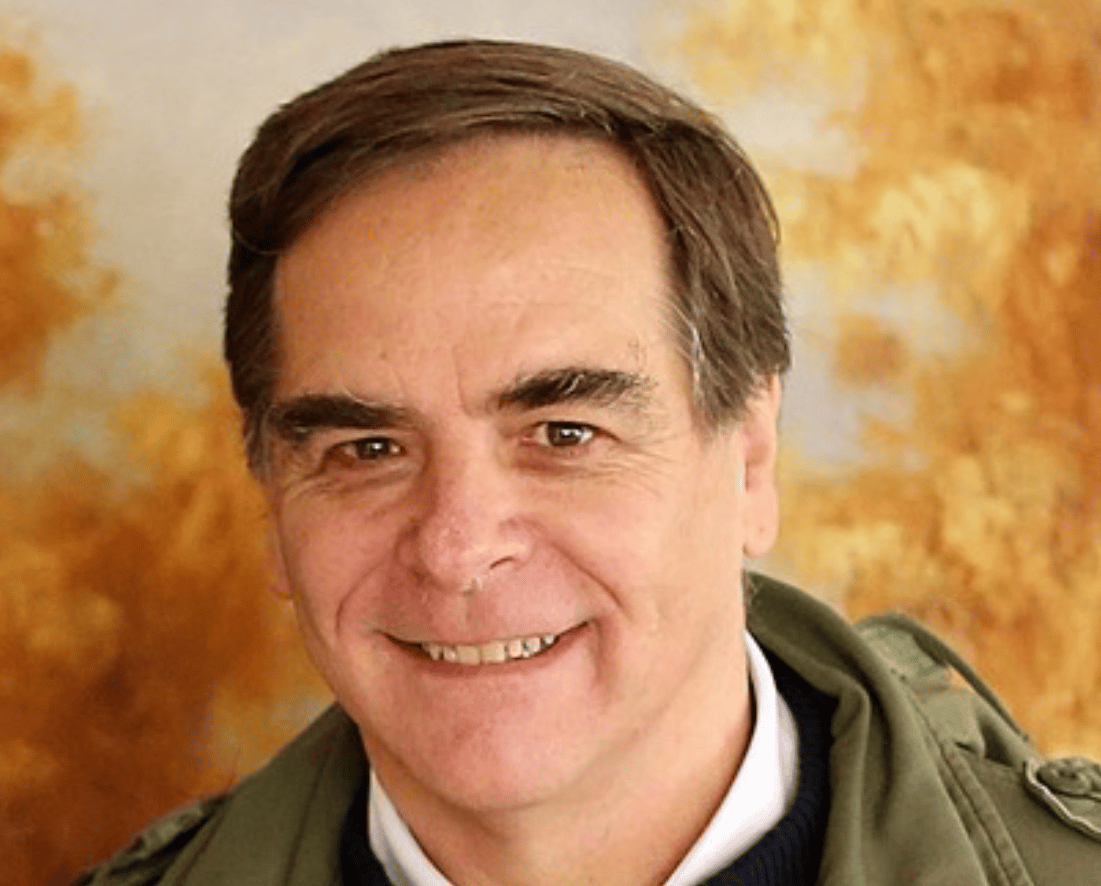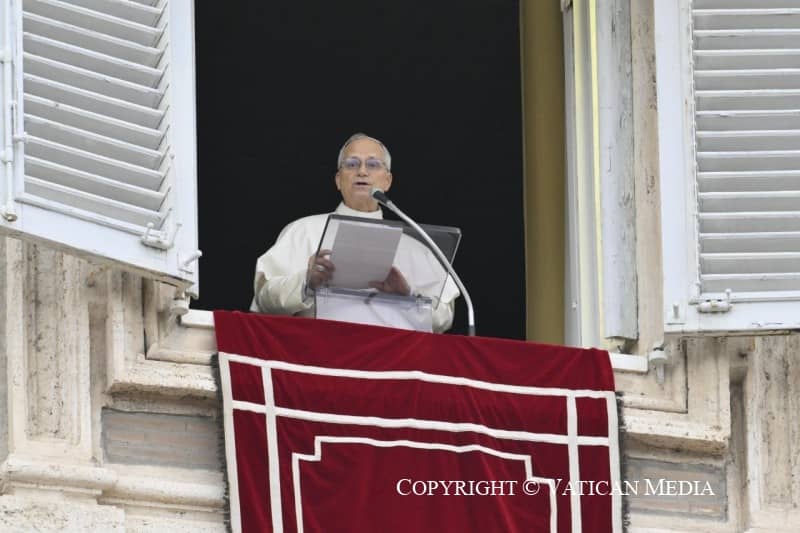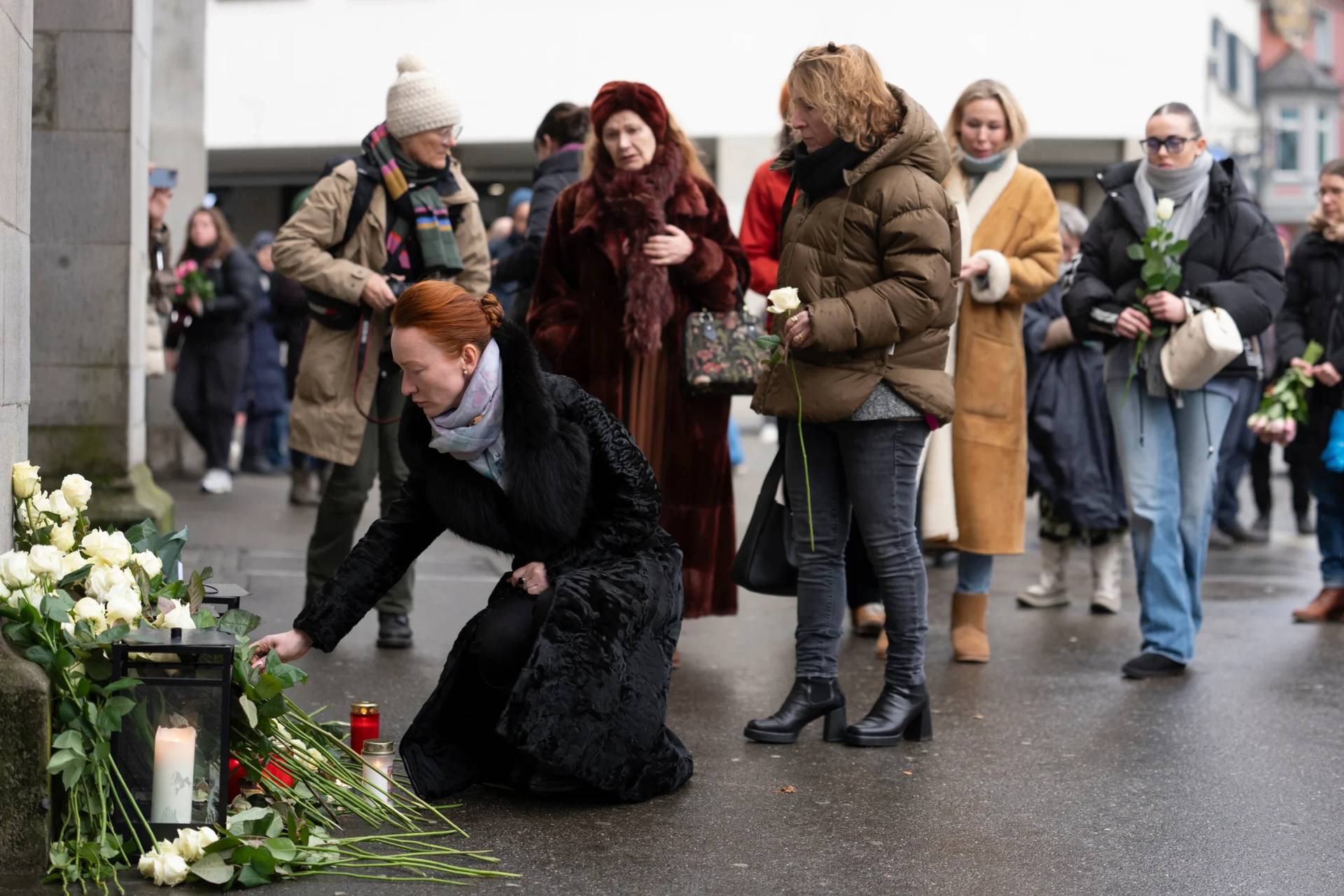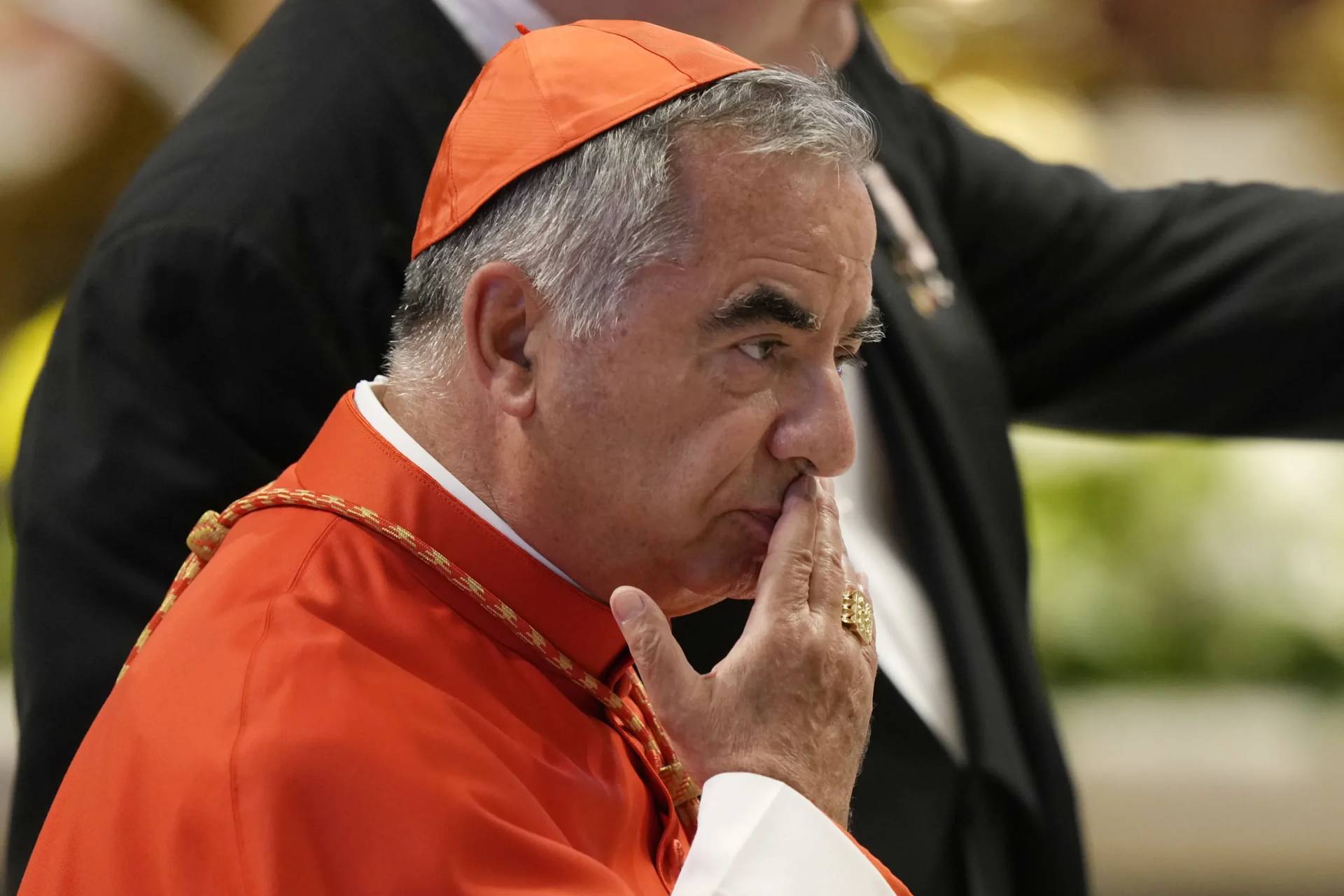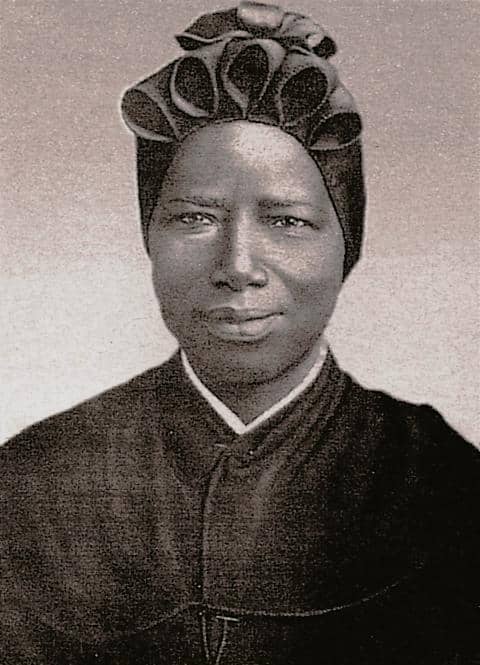A Vatican trial focusing on a financial scandal involving a papally-sponsored hospital, and featuring a powerful cardinal at the heart of the affair, may be on hiatus until early September, but that doesn’t mean questions surrounding the case are taking a vacation.
Instead, they seem to be multiplying almost by the day.
Just in the past week, there have been conflicting reports about whether that cardinal, Italian Tarcisio Bertone, the former Secretary of State under Pope emeritus Benedict XVI, did or didn’t provide a previously unknown memo to investigators last November, offering a chronology of his actions in the affair and rejecting any suggestion of involvement in fraud.
Some are also asking question why Bertone was never even a subject of the Vatican investigation, despite long-standing ties to the Italian businessman who benefited from it.
Finally, there are also question marks about how the situation reflects on the broader project of Vatican reform under Pope Francis, at a time when his hand-picked auditor general, Italian Libero Milone, has departed under mysterious circumstances, and his pick to head the new Secretariat for the Economy, Cardinal George Pell, is home in Australia facing sexual abuse charges.
This week, veteran Italian Vatican writer Franca Giansoldati, in the newspaper Il Messaggero, reported that Bertone had given a memo to investigators last November during a probe that recently led to charges against two former lay officials of Rome’s Bambino Gesù children’s hospital for misappropriation of funds.
According to that report, Bertone called any suggestion of his involvement in criminal activity “libelous.” (The Italian word used, infamante, can mean generally “scandalous” or “disgraceful,” but in a legal context it usually denotes “libelous.”)
Also this week, however, veteran Italian Vatican writer Andrea Tornielli reported that there was no new Bertone memo that has come to light, merely an older letter from 2013.
Since rumors of the affair first emerged, Bertone has steadfastly maintained his innocence.
While much remains obscure about the affair, here’s a run-down of what’s known.
Two laymen – Giuseppe Profiti, former president of a foundation governing Bambino Gesù, which is owned by the pope, and Massimo Spina, the foundation’s former treasurer – have been charged by Vatican prosecutors for using almost $500,000 of hospital funds to pay for remodeling work on Bertone’s Vatican apartment.
That work became necessary when Bertone was replaced as Secretary of State by Pope Francis and had to vacate the Vatican residence that comes with the job. According to reports, he was assigned two small adjacent apartments as his new quarters, which had to be combined into one.
After a preliminary hearing on July 18 in which a Vatican judge rejected a defense request to dismiss the charges, Profiti and Spina’s trial is to set to resume on Sept. 7.
According to the indictment, the act of using foundation funds for work on Bertone’s apartment in itself constituted a criminal act under Vatican law, since remodeling a private residence on Vatican territory is not among the “ends” of the Bambino Gesù foundation recognized in its papally-approved statutes.
For his part, Profiti repeatedly has insisted the expenses were legitimate, since fundraising receptions in Bertone’s apartment would increase the resources available to the hospital, the mission of which is to care for sick children.
What’s not stated in the indictment, but which has fueled wide speculation in the Italian media, is that the main beneficiary of the arrangement was another Italian businessman, Gianantonio Bandera, whose construction company was awarded the contract. According to Vatican investigators, it was Bertone originally who recommended Bandera’s company for the project.
Bertone himself faces no charges in the Vatican trial, and early on a Vatican spokesman said that Bertone was never a target of the investigation. Bandera, meanwhile, has been inscribed among the witnesses called in the case, but also does not face charges. (As an Italian citizen who’s never held a Vatican position, it’s also not clear if a Vatican tribunal could assert jurisdiction over him.)
Investigators reportedly have established that Bandera apparently was paid twice for the same project, by two different Vatican departments. In the meantime, his construction company failed and is now bankrupt, and the work it was performing on Bertone’s apartment was initially suspended and then never completed.
According to financial records, Bandera facilitated seven wire transfers from accounts belonging to Bambino Gesù and its foundation at both the Vatican bank and the Administration of the Patrimony of the Apostolic See, the Vatican’s main financial clearing-house, worth almost $500,000, to an English contractor, describing the transfers as payments for work on Bertone’s apartment to a subcontractor.
Then in December 2015, the Government of the Vatican City State informed investigators that it too had paid almost $400,000 directly to Bandera’s construction company, also supposedly for the work on Bertone’s apartment. The six transfers were made during a period from October 2013 to September 2014.
That payment was against an original estimate that the cost for renovation would run to roughly $625,000, of which $415,000 would cover the internal adjustments and $208,000 would be devoted to work on an external balcony.
Bertone himself agreed to pay $360,000 of the projected cost, which he did, while the Government of the Vatican City State was slated to put in $265,000. Subtracting the money the City State collected from Bertone, however, in the end it lost only roughly $40,000 on the affair, while the Bambino Gesù foundation is out the entire half-million it paid.
When accusations of a scandal surrounding the payments for his apartment first came to light, Bertone made a voluntary donation to the Bambino Gesù worth $170,000.
In all, the multiple payments both from Bambino Gesù and the Vatican City State to Bandera or his affiliates total roughly $900,000. So far, no explanation has been offered as to how the duplicate payments were possible without either entity being aware of what the other had already paid.
According to Giansoldati’s report, the shared arrangement with Bertone to cover the cost of remodeling the apartment became necessary when Cardinal Giuseppe Bertello, head of the Government of the Vatican City State, informed Bertone in the fall of 2013 there weren’t sufficient funds to foot the whole bill.
Giansoldati suggested that tensions between the two men might have been involved, since some months earlier Bertone had been expected to put Bertello forward as the new prefect of the Congregation for the Evangelization of Peoples, the Vatican’s powerful missionary department, but at the last minute changed course and sent Bertello to the City State – causing, as Giansoldati put it, “enormous disappointment and bitterness.”
Both Bandera and the current president of the Bambino Gesù foundation, Italian laywoman Mariella Enoc, are expected to testify in the Vatican trial in September, which recommences one day after Pope Francis departs for a week-long, keenly-anticipated trip to Colombia.
Even the timing has raised questions, with many Italian commentators suggesting that by scheduling the trial when the pope will be out of town, the Vatican is attempting to deflect attention from it.







